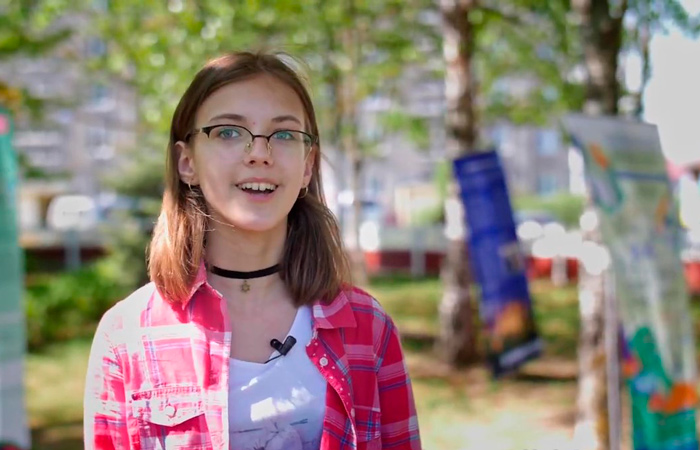In May 2020, the curriculum of the optional lesson “Green Schools” for the I-IX classes of educational institutions implementing educational programs of general secondary education was officially approved. The updated program has added a section for monitoring air quality, as well as information on the Aarhus Convention.
Approved by the Ministry of Education, the curriculum enables all relevant educational institutions to officially carry out, which facilitates the adoption of the new training model in the field of environmental education.
The program includes 6 areas:
- Biodiversity – the study of the species diversity of plants and animals of the natural environment of an educational institution and how to preserve and increase it;
- Energy saving – studying the structure of energy consumption in an educational institution and at home, and ways to reduce it;
- Water conservation – the study of the directions of water use in educational institutions and at home, and the development of ways to save it;
- Waste management – analysis of the sources of waste, identifying ways to minimize it, mastering techniques for separate waste collection;
- The quality of atmospheric air – the study of the degree of pollution of atmospheric air, the definition of ways to minimize its pollution;
- Information and environmental activities for working with the local community (environmental initiatives) – the implementation of environmental initiatives, participation in environmental campaigns, informing the local community about the environmental problems of a particular area.
The National Resource Centre for the implementation of the Green Schools educational program is the Republican Centre for Ecology and Local History.
In the 10-year period, during which the European Union has been supporting Green Schools in Belarus, the eco-movement has been joined by more than 200 educational institutions across the country. Any school, school forestry or an off-school centre may join the network.
The eco-monitoring clubs at the Green Schools collect meteorological data and monitor the air quality. Computer hardware has been procured to enable the clubs operation; it will also help set up remote training in the context of the pandemic attack.
The Green Schools educational project is implemented with the support of the project “Civic Engagement in Environmental Monitoring and Improving Environmental Management at the Local Level”, funded by the European Union and implemented by the UN Development Program in partnership with the Ministry of Natural Resources and Environmental Protection of the Republic of Belarus.
 11.06.2020
11.06.2020





